Should you buy an external SSD drive now ahead of PS5 and Xbox Series X?
Do you want some extra console storage right now – and the option to futureproof yourself for next-gen? We examine the options
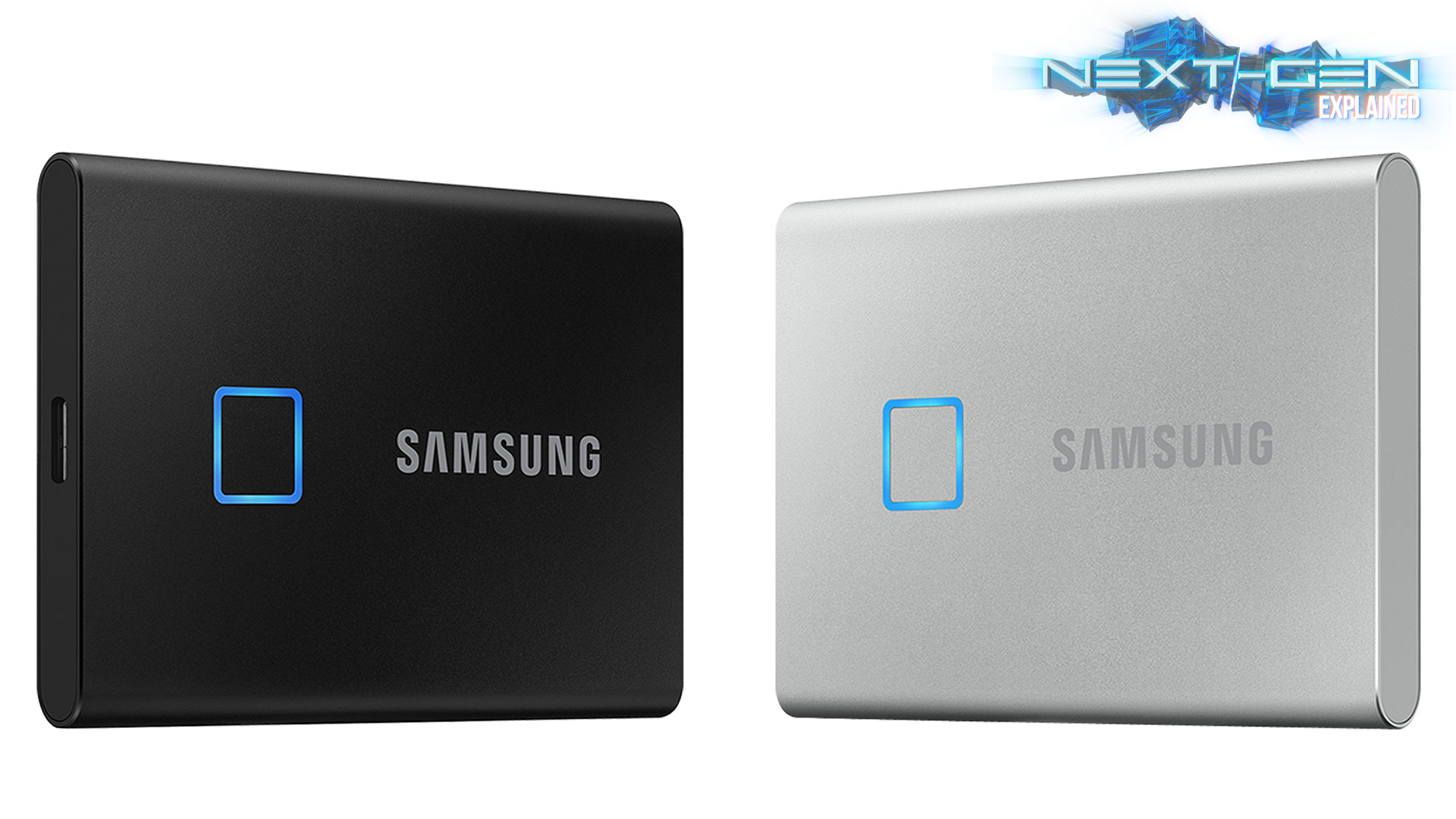
If you're wondering whether an external SSD is a good purchase right now, you're in luck. It’s never been more affordable to get your hands on external drives with lashings of storage, meaning you don’t have to spend much to buy a conventional hard disk that can offer a mighty 2TB of space, and faster and larger SSDs have never been cheaper.
That can only be good for consumers. It means it’s easier than ever to buy an external drive to hook up to your current console – and also nab yourself a drive that’ll work with the PS5 and Xbox Series X, too.
So, should you buy an external drive right now – and should you opt for a hard disk or an SSD when you’re scouring the shelves?
External SSDs - The Xbox One and PS4 situation
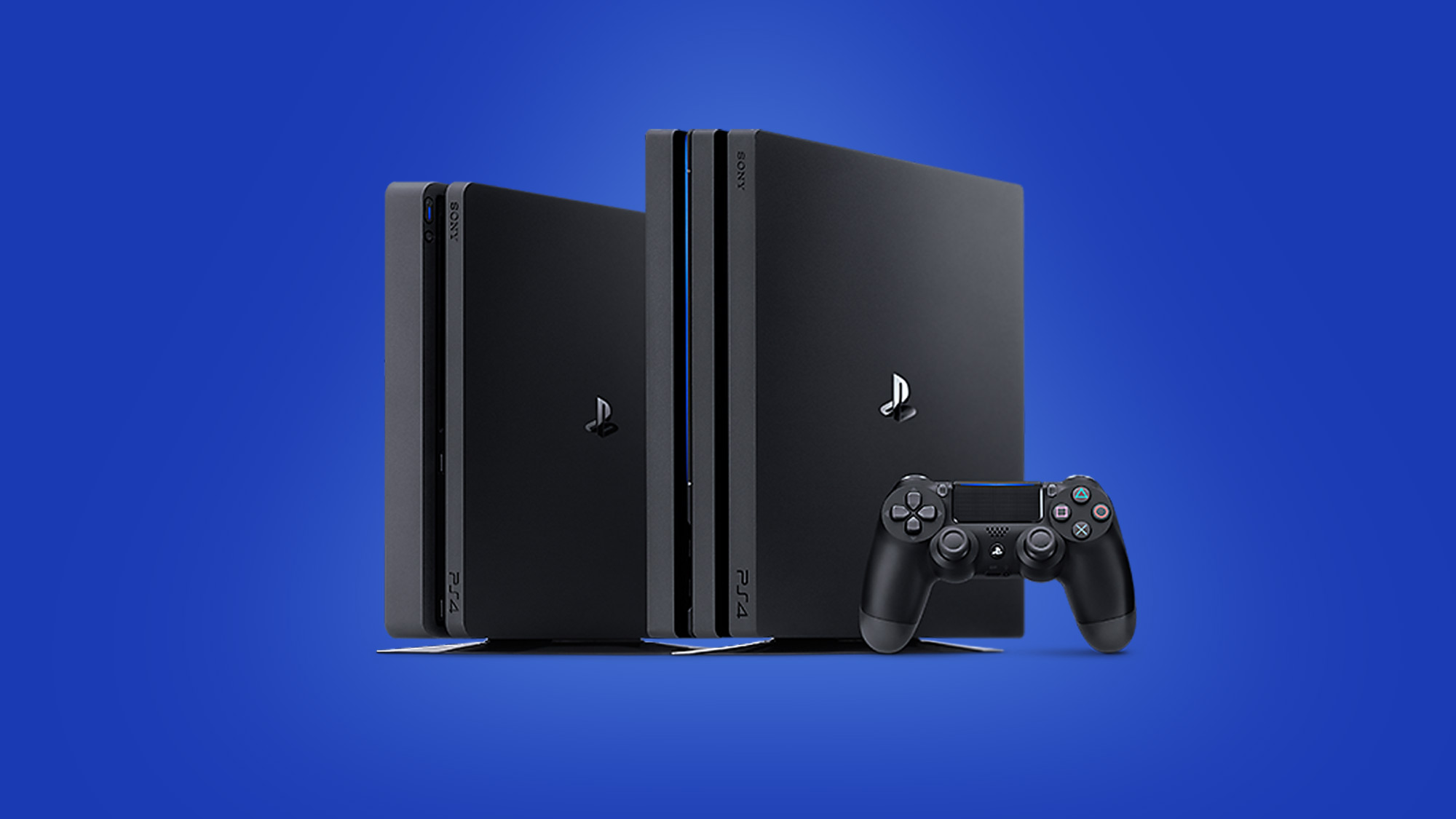
PS4 and Xbox One consoles all support external hard disks and SSDs using USB 3.0 connections, and when you plug them in, your external drives will function almost exactly like internal disks. The issue is that the current consoles all use older USB 3.0 connections with a maximum transfer speed of 625MB/s.
That’s easily enough to accommodate any external hard disk. It’s also quick enough to handle any SATA-based SSD, which means that the vast majority of mainstream external SSDs won’t saturate that 625MB/s figure – they tend to top out at around 550MB/s.
However, that maximum speed does mean that it’s not worth using a more expensive, flash-based external SSD with the PS4 or Xbox One – or a more expensive NVMe or PCIe 4.0-based drive. They’re far too fast, which means wasted speed on a current console.
Will the PS5 and Xbox Series X support external hard drives?
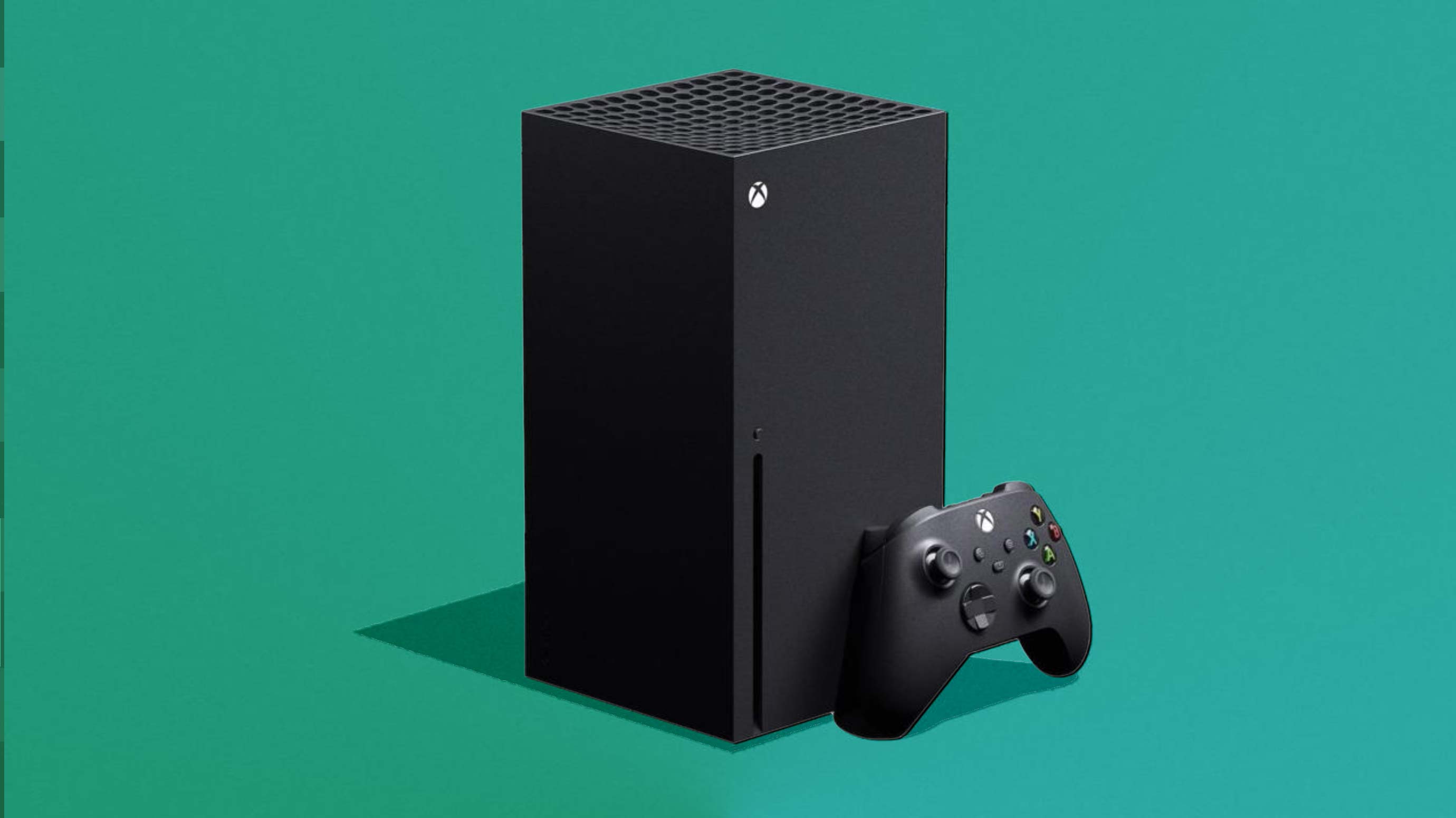
It’s safe to assume that the PS5 and Xbox Series X will both use some form of PCIe 4.0 SSD. On paper, that means the drives could be 35 times faster than the older machine’s hard disks.
Weekly digests, tales from the communities you love, and more
We know that the PS5 will have USB connections, too: the new console will need to support current PSVR headsets. It’s safe to assume that Microsoft won’t want to be left behind, either – so the Xbox Series X will have USB ports, too. And, given Sony and Microsoft’s relatively open attitude to external drives, we’re sure that external hard disks and SSDs will continue to work on the new consoles.
It’s unclear if either console will offer USB Type-C connections. The PS5 will use one of those ports to charge its DualShock 5 pad, but we don’t know if it’ll support data transfer too. The big question surrounding the new consoles concerns exactly what USB standards they’ll support.
The situation around USB ports in general is murky these days. The old USB 3.0 standard has been replaced by a standard called USB 3.1 Gen 1 – it’s the same thing, with the same theoretical peak transfer speed of 625MB/s.
USB 3.1 Gen 2 is now commonplace, and it doubles the port’s potential transfer speed to 1,250MB/s.
USB 3.2 has started to appear now, too. USB 3.2 Gen 1 and USB 3.2 Gen 2x1 maintain that 1,250MB/s transfer rate, while USB 3.2 Gen 2x2 doubles it again to 2,500MB/s – that 2x2 designation means that data rates are doubled by using two data transfer lanes.
It’s very confusing, admittedly – but it does mean that USB connectivity is far faster than it was during the PS4 and Xbox One days.
The safest assumption for the PS5 and Xbox Series X is that they’ll have USB transfer rates of at least 1,250MB/s thanks to a USB 3.2 Gen 2x1 connection – an assumption supported by a handful of rumours about prototype external drives that have appeared over the past couple of months, and has now been confirmed by Microsoft for the Xbox Series X.
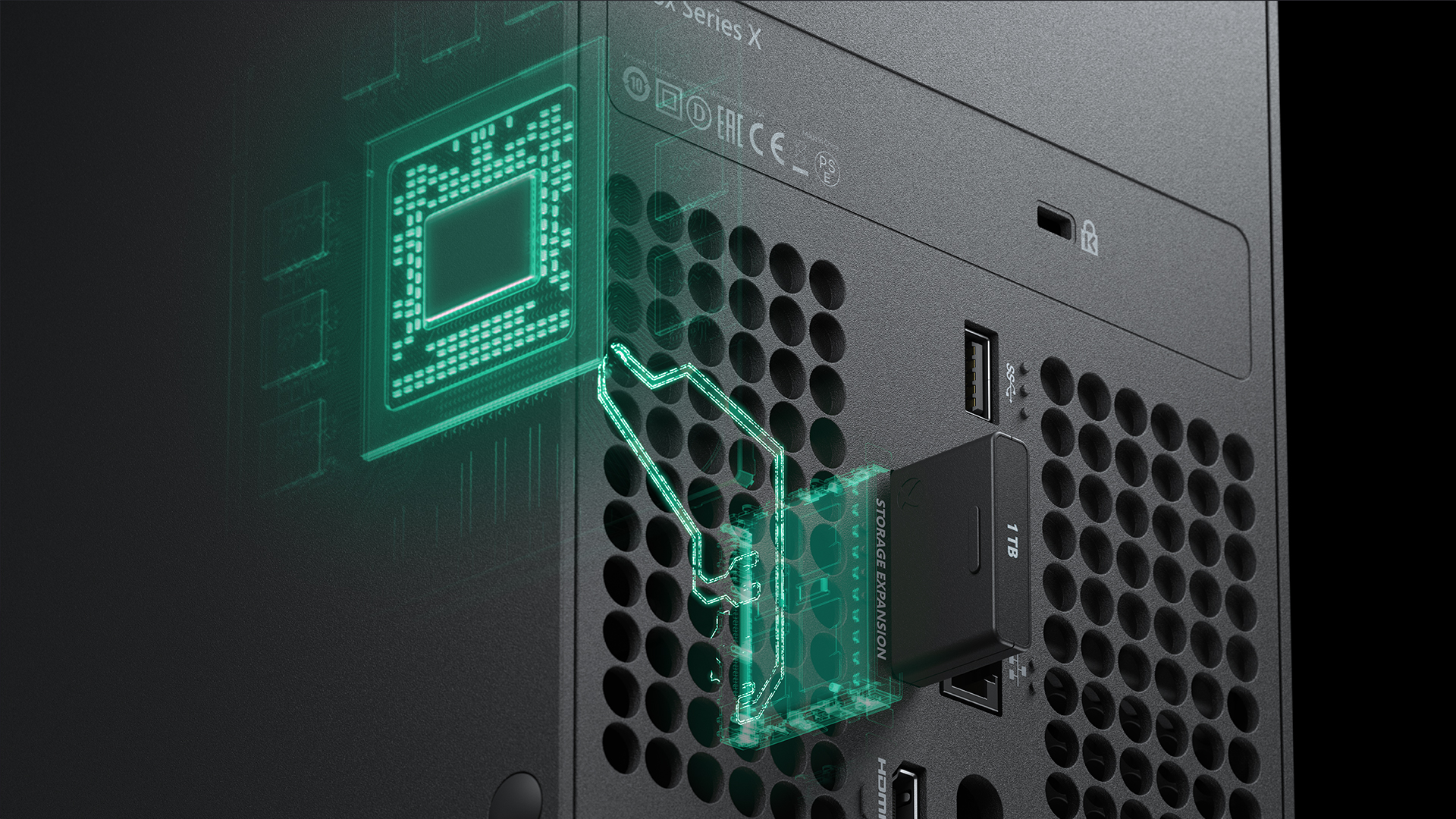
Interestingly, Microsoft is also offering storage expansion via the appropriately named the Xbox Series X Storage Expansion Card. This expansion slots straight into the Xbox Series X's storage port at the rear, offering an extra 1TB of storage.
"Built in partnership with Seagate, this 1TB custom storage solution expands storage capacity of Xbox Series X with the full speed and performance of the Xbox Velocity Architecture. Previous generation Xbox titles can still be played directly from external USB 3.2 hard drives. However, to receive all the benefits of the Xbox Velocity Architecture and optimal performance, Xbox Series X optimized games should be played from the internal SSD or Xbox Series X Storage Expansion Card."
External SSD drive options for now
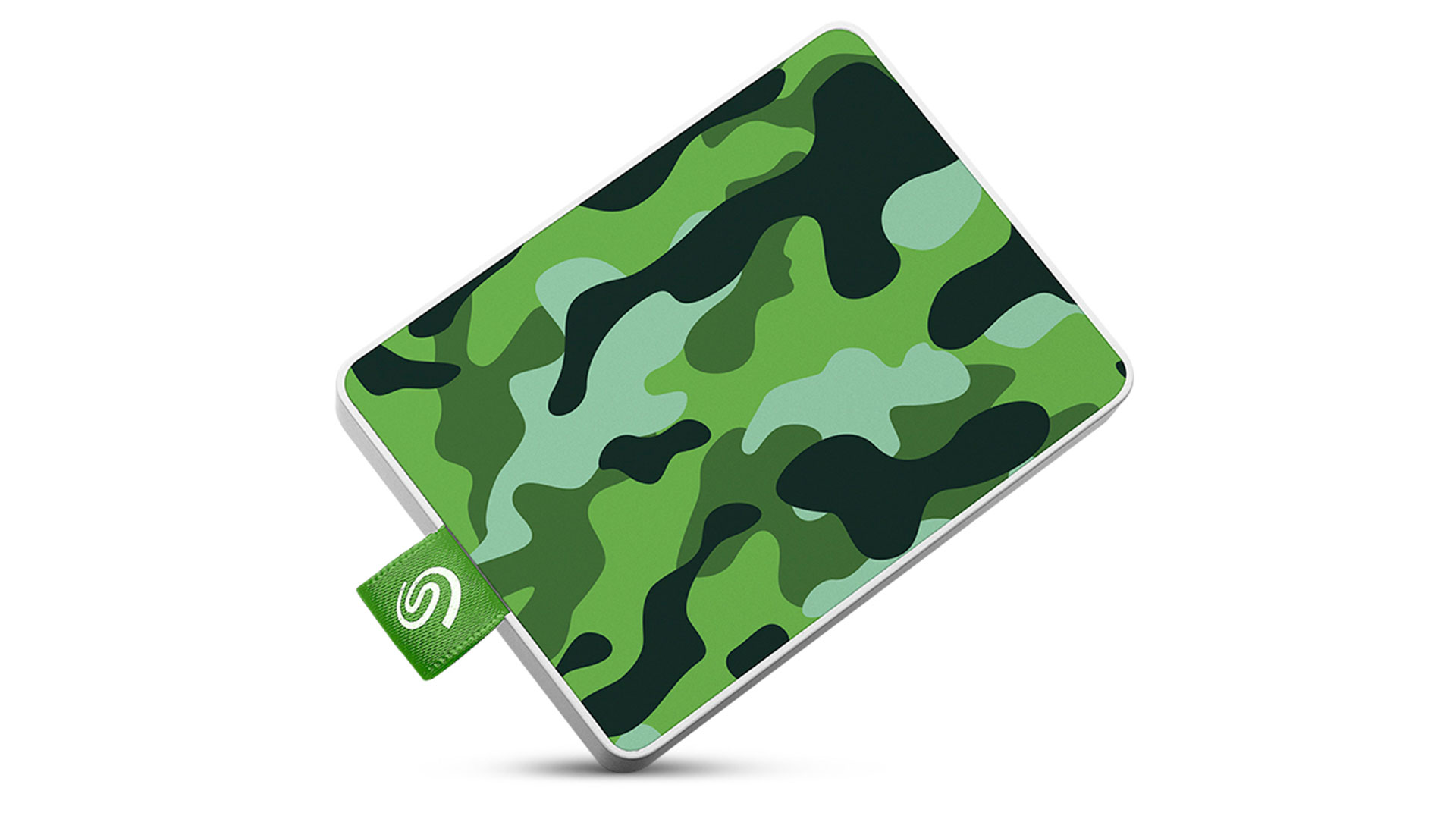
Right now, it’s easy to use external drives with the PS4 and Xbox One ranges – even if those hard disks and SSDs are restricted to speeds of up to 625MB/s thanks to the older USB connection.
When it comes to the future consoles, even that 1,250MB/s assumption is by no means concrete – it’s entirely possible that Sony or Microsoft may surprise people with a 2,500MB/s connection.
Happily, we can assume that new consoles will allow people to use external storage.
So, what’s the best option right now? It looks like the top choice is to hedge your bets – to invest in some hardware you can use with your current consoles and with the PS5 and Xbox Series X.
We’d only recommend buying an external hard disk if you need a huge amount of space on a tight budget. You’ll be able to find 2TB of space for under £80 or $80, but you won’t get any sort of speed boost over your existing console. When the PS5 and Xbox Series X arrive, that drive will still work but it’ll feel even slower when compared to their internal SSDs.
An external SSD looks like the best all-round option. You’ll be able to get a 1TB drive for less than £150 or $150, or a 2TB drive for about £350 or $300. These SSDs will be several times faster than a hard disk – so your existing consoles will get a speed boost.
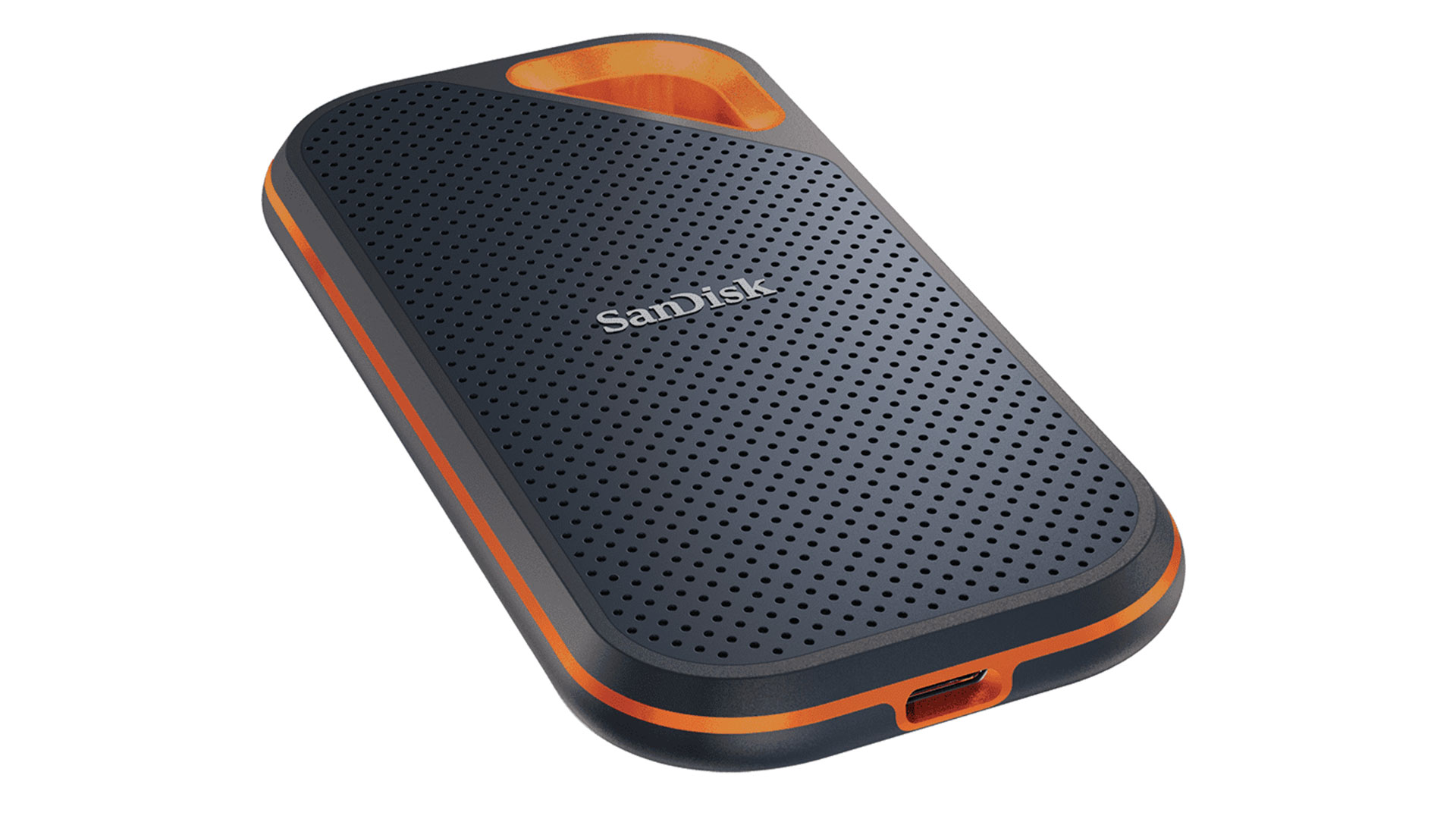
And, while we’re uncertain of just how fast the USB connections on the new consoles will be, any decent external SSD will work with the new devices. They’ll still offer decent speed that beats the older consoles, even if they probably won’t outpace the SSDs in the consoles themselves.
Happily, the new consoles having better USB connections also means that an external SSD can stretch its legs a little more – it’s relatively easy to find external SSDs that go beyond 625MB/s, even if they don’t saturate a 1,250MB/s or 2,500MB/s USB connection.
If you really want to future-proof yourself, then it’s easy to buy an NVMe SSD and connect it to your console with a USB-based enclosure.
It’s a risky approach. You’ll have to spend at least £200 or $200 to get a 1TB NVMe PC SSD, plus a little more for a USB enclosure, and it’s unlikely that the new console will be able to actually use the speed provided by the SSD – whether the PS5 and Xbox Series X have USB ports that run at 1,250MB/s or 2,500MB/s, the best M.2 NVMe SSDs run at beyond 3,000MB/s.
You could also spend a little more for an NVMe SSD that use a PCIe 4.0 connection – just like the drives inside the new consoles. New PCIe 4.0 SSDs easily blaze past transfer speeds of 4,000MB/s, although we obviously can’t confirm if the new consoles will have internal SSDs that match those speeds.
When the new consoles will likely top out at 1,250MB/s or 2,500MB/s over USB, that’s even more wasted performance.
Should you buy an external SSD now?
There’s a surprising amount to consider when it comes to console storage, and the situation isn’t yet clear when it comes to the PS5 and the Xbox Series X.
However, we can draw firm conclusions. If you want to add storage to your PS4 and Xbox One right now, then the best option is an external SSD. A good external SSD will be several times faster than your current machine, and more durable than a hard disk.
As an added bonus, an external SSD will almost certainly work with your new console, even if it won’t match the speed of its internal SSD.
We’d not yet recommend buying any NVMe or PCIe 4.0 hardware with an eye on the next-gen consoles – more information about their specification is required.
The best option right now is to buy an external SSD, then – because those devices offer good speed and will work with your existing devices and anything you buy in the future.
For more details on all the next-gen jargon, check out more of our next-gen explainers.
If you're wanting to upgrade your storage options today, we've compared plenty of drives' capability and prices for you already. Our best PS4 external hard drives guide is ideal if PlayStation Plus has your PS4 bursting at the seams. And if Game Pass has your Xbox feeling the strain, then our guide to the best Xbox One external hard drives is the one for you. But if you want a taste of next-gen speed today maybe you should check out our candidates for the title of the best PS4 SSD.
Mike Jennings is a freelance tech writer and marketer with over a decade of experience. He has written for websites and publications including TrustedReviews, TechRadar Pro, TechSpot, IT Pro, CustomPC, TechAdvisor, Wired, Creative Bloq, and GamesRadar - among others.


